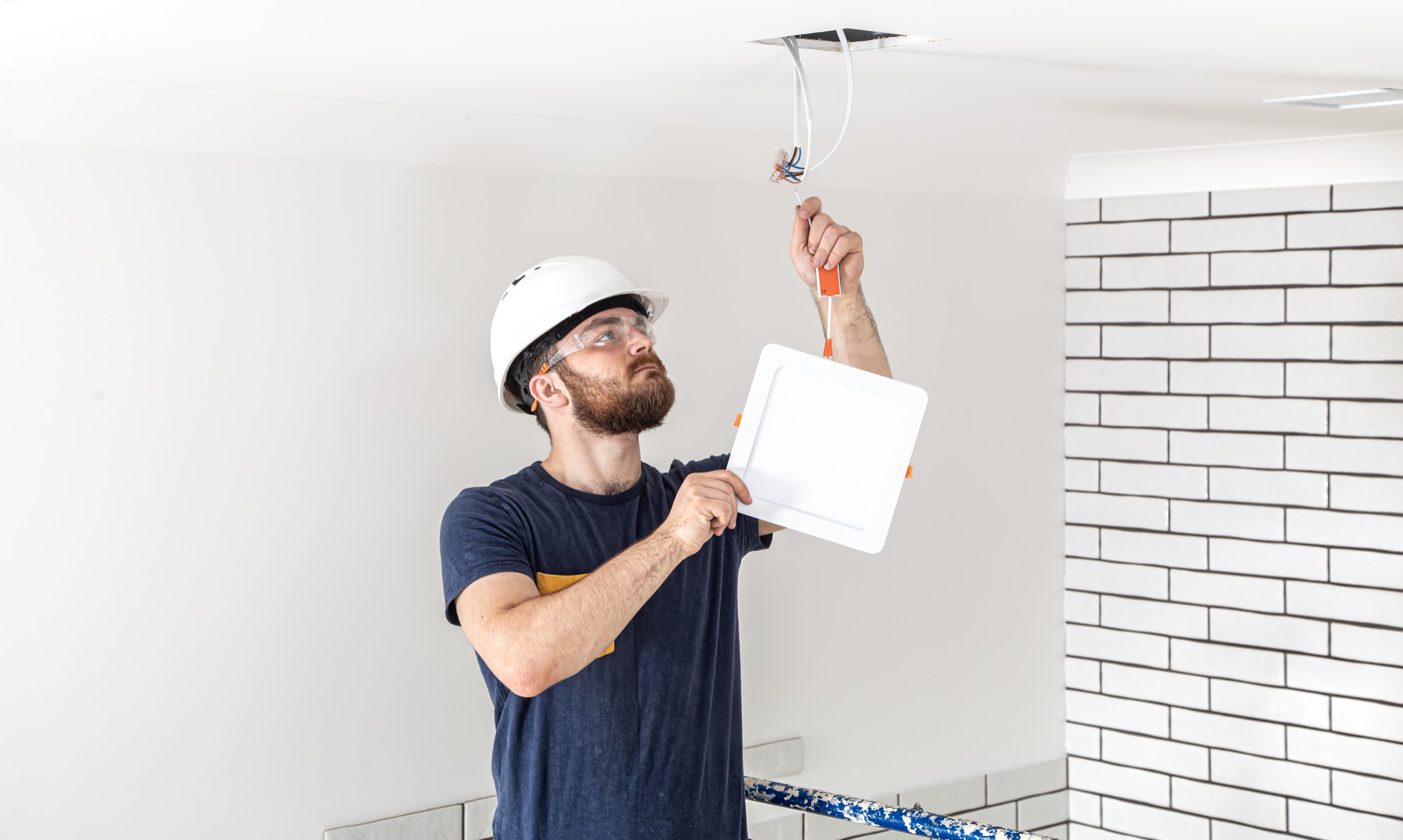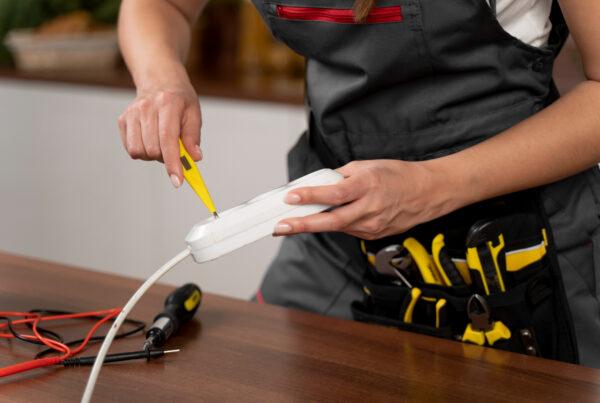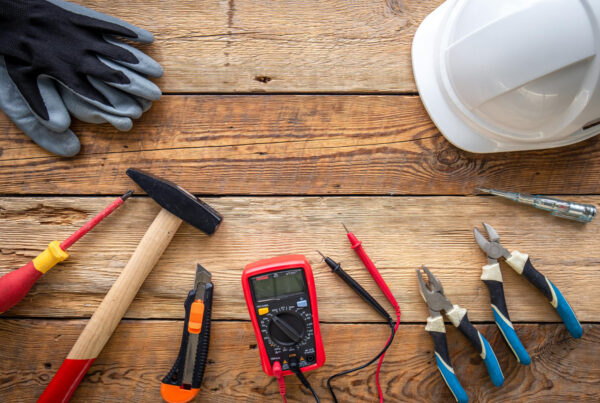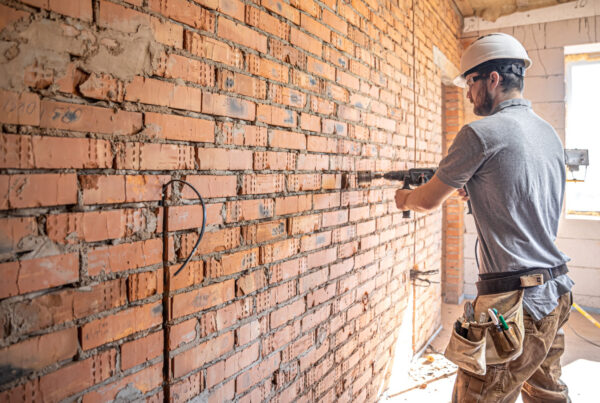New homes and new constructions are filled with electrical components that need to be wired, connected, and tested before anyone can move in. The complexity of these projects is one of the reasons why so few electricians are willing to take them on. A new construction electrician works with tight spaces, ceiling-high scaffolding, and challenging angles that require a lot of skill, intuition, and experience to navigate safely and efficiently. Unfortunately for new home buyers or anyone who’s thinking about buying a new home or condo in the near future, there simply aren’t enough qualfied electricians out there to meet the demand. While some trades have been slightly more resistant than others to the technological changes brought on by Industry 4.0, all have seen their supply drop while demand remains high.
What Does a Vancouver Electrician Do?
An electrician is a tradesperson who installs and maintains electrical wiring and equipment. These electricians might work on industrial plants, in healthcare facilities, on movie sets, or on residential and commercial construction sites. They may also work in maintenance or as electrical engineers. During the installation process, electricians make sure that the electrical systems in a building or home are properly designed and installed according to all applicable codes. They connect the systems to circuit breakers or fuses and perform tests to ensure the systems are operational. Electricians also install and maintain the cabling used by computer systems and other telecommunications equipment.
Important Duties of New Construction Electricians
Wiring – Wiring is an integral part of every electrical construction project. From lighting to outlets, to installing the main circuit panel and connecting it to the power grid, electrical wiring is the foundation of everything else. Without wiring, there is no power. Pre-Wiring – Pre-wiring is a process used in new constructions to run wiring to the location where it will be needed before the drywall is installed. Ths allows electricians to easily locate the wiring after the drywall is installed and make the connections they need to begin testing and powering the system.
Wire Management – Electrical wiring is messy. From the moment it is pulled out of the conduit or conduit housing, it will collect dust and debris. It will also often dangle down from the ceiling, sometimes even touching the ground. This can be a serious safety hazard and a major inconvenience for homeowners.
Electrical Testing – New construction electrical work is often the foundation for the entire project. It needs to be done correctly and tested thoroughly before the drywall and other finish materials are installed. If there is a short circuit or some other issue with the electrical system, it must be discovered and corrected before it causes major damage to the project and/or serious injury to the workers on the site.
Disconnecting Electrical Power – Before any demolition or construction work can be done to a home, the electrical power must be disconnected. This is a critical step that some homeowners don’t always understand. When the power is disconnected, it means the electricity is no longer flowing through the home. This is necessary because the power company cannot guarantee that their workers will not be injured while they are on your property working on the power lines. Once the power is disconnected, it is safe for homeowners and contractors to work on their own property.
Skills and Experience Requirements for New Construction Electricians
As with any trade, there are a few basic requirements for a residential electrician. You’ll want to have a high school diploma or equivalent, and you’ll also need to be able to pass a state or federal electrical certification exam. Other skills that are useful for an electrician include the ability to read blueprints and know how to use tools like tape measures and screwdrivers. Finally, experience is important too. Electricians who have been working in the field for a while are more likely to be hired than those who are just starting out.
Though construction jobs don’t require any specal skills, it’s important to take into account the fact that such jobs can be dangerous and physically demanding. To get hired as an electrician, you’ll need to meet certain requirements and show that you have the necessary skills and experience. You’ll also need to pass the state’s electrical licensing exam, which will usually involve multiple-choice questions about electricity theory and safety procedures related to working with electricity.
Conclusion
If you’re building a new home or remodeling an older home, it’s worth hiring an electrician to install new wiring, switches, and outlets. If you need help with installing home automation devices, like smart thermostats, you should also consult with an electrician who specializes in that type of installation.
The best electricians can provide a soltion for any type of home wiring problem, including installing new wiring for new construction and upgrading old wiring for better performance and efficiency. Let Rainforest Electrical help.








